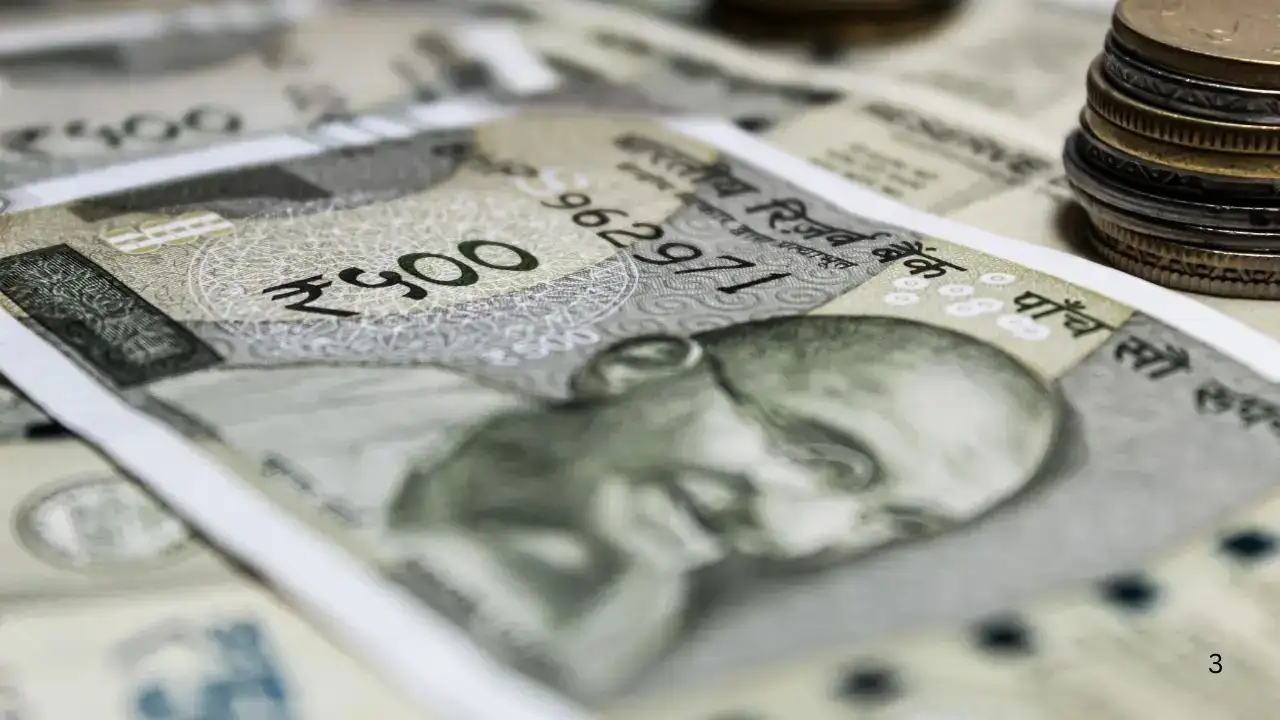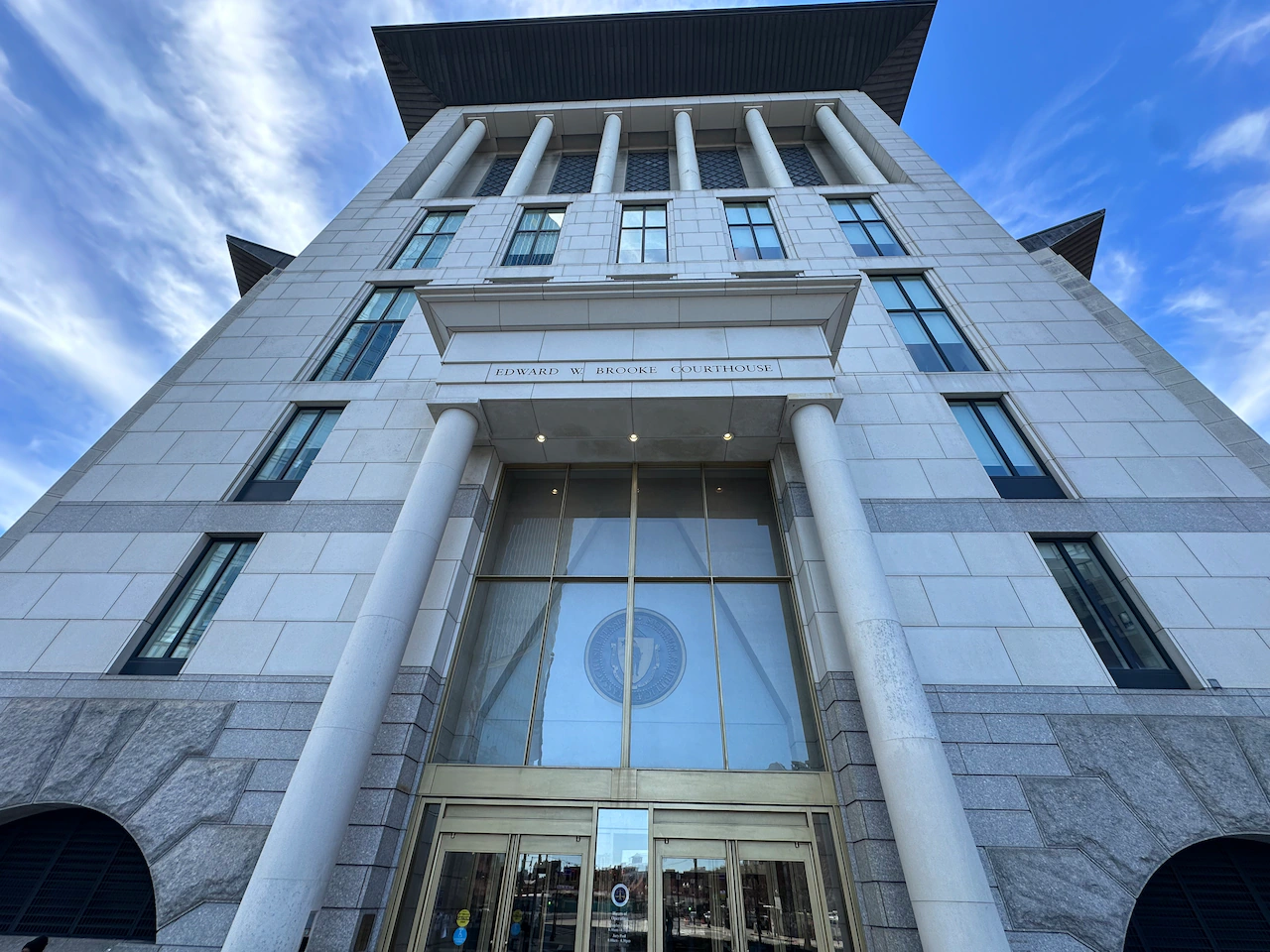Copyright timesnownews

The Union Cabinet approved the 8th Pay Commission in January 2025, with implementation set for January 1, 2026. This new revision, a decade after the 7th Pay Commission of 2016, aims to adjust salaries, allowances, and pensions to meet rising living costs and economic demands. Over 48.62 lakh active employees and 67.85 lakh pensioners stand to benefit from this historic update. Key Salary And Allowance Changes A fitment factor of 2.28 is expected to boost the minimum salary by 34.1 per cent, raising it from Rs 18,000 to Rs 41,000. The Dearness Allowance (DA), projected to reach 70 per cent by early 2026, will merge with the base pay, creating a comprehensive salary structure. Additional allowances include House Rent Allowance (HRA) based on city category and Travel Allowance (TA) linked to grade and location. The revised gross salary will consist of the updated basic pay plus all allowances, minus applicable deductions. Pension And Fitment Factor Insights Retirees will also see a significant improvement in financial stability. With the proposed fitment factor, the minimum pension could rise from Rs 9,000 to around Rs 20,500. The fitment factor, a multiplier applied to current salaries, ensures proportional increments. Historically, the 6th CPC had a factor of 1.86, the 7th CPC 2.57, and the 8th CPC is expected to reach 3.00, potentially delivering an average 20 per cent increase across salary levels. Pay Matrix And Implementation The 8th Central Pay Commission brings with it a clearly defined and systematic pay matrix designed to streamline salary structures across all government departments. Under this revised framework, employees at the entry-level, such as those in Level 1, will see their basic pay increase from Rs 18,000 to Rs 21,600, marking a significant boost in their starting salary. Similarly, employees at the highest levels, such as Level 18, can expect their pay to rise from Rs 2.5 lakh to Rs 3 lakh, reflecting proportional increments at senior levels. This structured progression is aimed at ensuring both transparency and fairness in compensation, reducing discrepancies, and creating a uniform standard for pay revisions across all cadres and departments. After receiving official approval from the Union Cabinet on January 16, 2025, the implementation of the 8th CPC is scheduled to begin on January 1, 2026.



